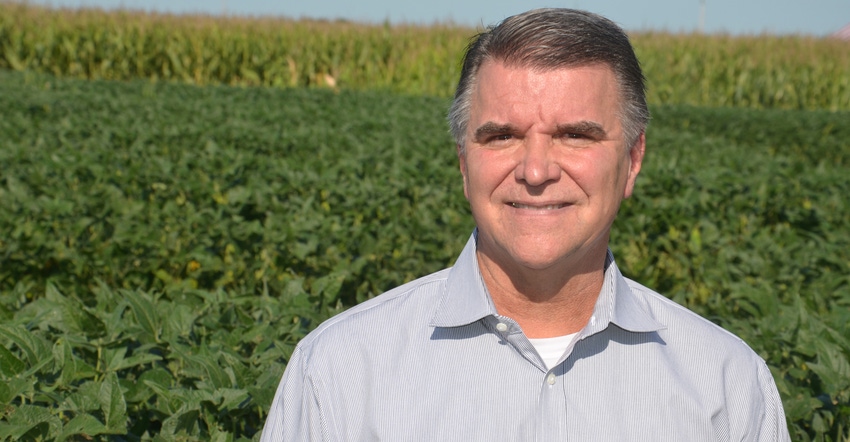
Just saying the words “climate change” sends up red flags in farm country, and Chuck Conner knows it. As soon as they hear those words, some people in the ag community grow fighting mad, believing it’s not real. On the other end of the spectrum, some people bring out a “see, I told you so” attitude and insist they’ve known climate change was real all along. The majority are in the middle, not sure what to think.
Conner, CEO of the National Council of Farmer Cooperatives, based in Washington, D.C., says he’s just the messenger. But the message he’s bringing is, like it or not, climate change is on everyone’s radar in Washington, and it behooves everyone in agriculture to pay attention to debates related to climate change.
“When former Vice President Al Gore introduced the public to the topic decades ago, many scoffed at some of his far-out predictions,” Conner says. “He predicted global destruction long before now, and obviously was way off base on several things he said.”
That was then; this is now, Conner insists.
“The American public in general has moved on from Al Gore and his views on climate change,” Conner continues. “Today the public has a very different view of climate change. Many people believe it’s real, and that it’s one of the most serious issues facing this country.
“In fact, for anybody 35 years of age or younger, it’s likely their No. 1 national issue. Some observers have even said climate change is to that generation what Vietnam was to those under 35 in the 1960s.”
Why pay attention
Congress is watching and listening to those people, Conner says. Despite its tendency to not act, Conner believes Congress will do something about climate change, sooner or later. Unfortunately, many non-ag people view agriculture as one of the biggest offenders when it comes to climate change. They believe agriculture contributes heavily to the causes driving climate change.
As a representative of farmer cooperatives around the country, Conner says his organization is doing everything possible in this space to make sure agriculture is a player in the discussion.
“We feel there are positive ways to address climate change, and that’s what we’re promoting,” Conner says. If agriculture isn’t represented in the discussion as Congress becomes serious about addressing how to solve perceived climate change issues, he believes laws and regulations could be passed that could make it very difficult for farmers to operate in the future.
Here’s how Conner sees the next couple of years playing out on climate change. “It will likely be an issue in the 2020 political cycle,” he begins. “However, Congress may not take any action with the 2020 election on tap next year.
“But the stage will be set for a new Congress to take up climate change in 2021. That’s why we feel it’s extremely important that we’re at the table as the issue is discussed from now through 2020. Agriculture needs to be at the table so we can help set parameters for the debate about climate change.”
About the Author(s)
You May Also Like




